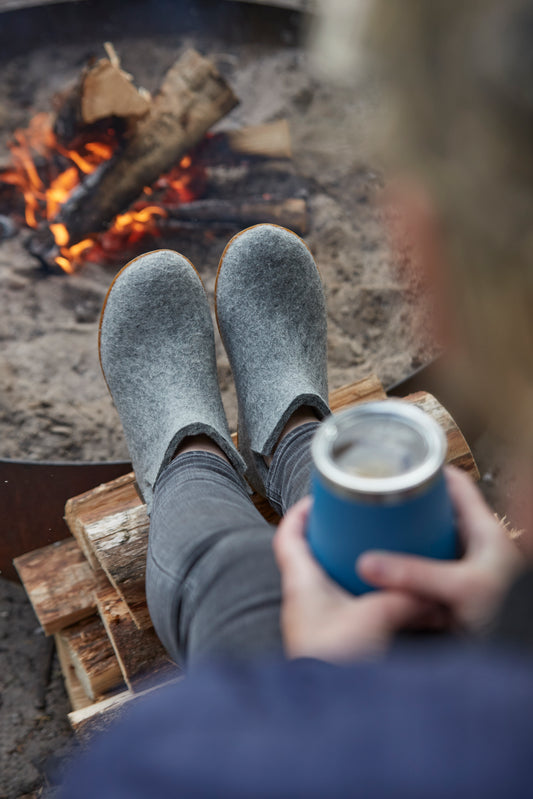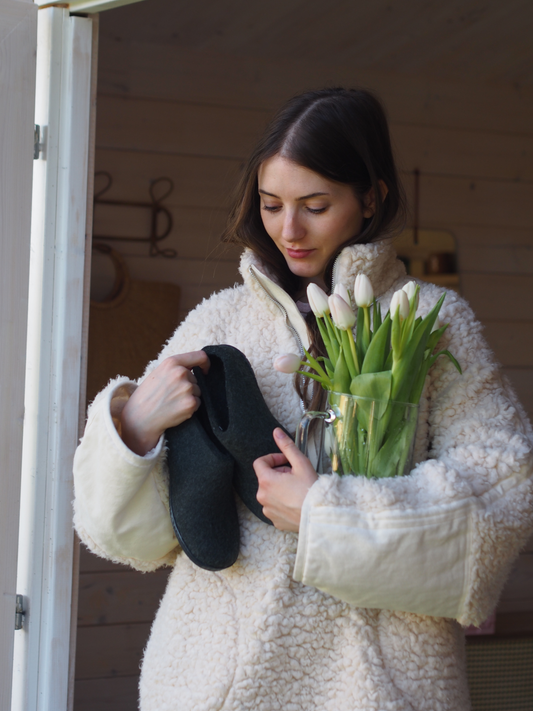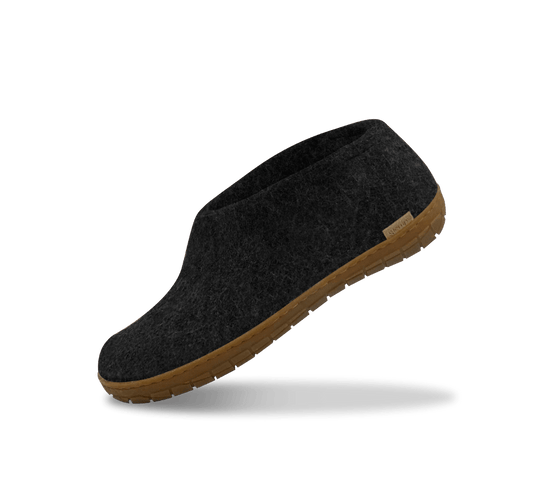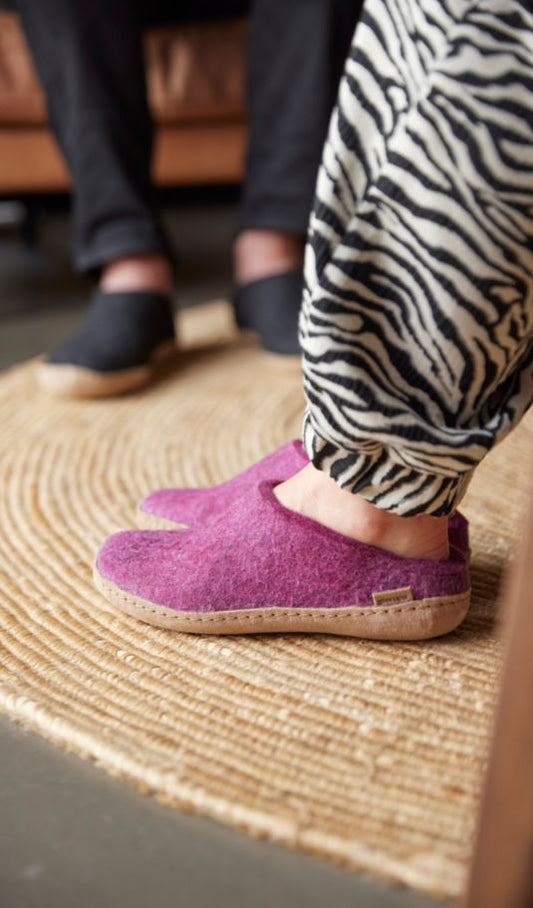Winter can be a more challenging time to keep up healthy routines, but physiotherapist and pilates instructor Lisa Mason has some simple tips to keep body and mind well.
As a physiotherapist, Lisa has seen first-hand the connections between physical and mental wellbeing.
“Especially when I was working in London, lots of my patients would present with physical manifestations of what were really stress related issues. Body and mind wellbeing are totally interrelated. And it goes both ways - not looking after your physical wellbeing can affect your mental wellbeing.”
Lisa’s number one solution? “Move. Make time for a 30-minute walk outside in the fresh air. The World Health Organisation recommends 30 minutes of moderate exercise five times a week.”
If we don’t make time to exercise, our immune system suffers, then we might get sick, have time off work and the stress compounds.
“Dull, grey days can affect your mood and your desire to go for a walk or exercise, and then we don’t feel energised because we haven’t exercised. It can be a bit of a downward spiral.”
“It can really help to organise a walk with a friend. In winter, we tend to be more isolated so try to find a community for exercising - a walking group or a pilates or yoga class can fulfil our sense of community and connection at the same time as ticking that physical wellbeing box.”
Meeting others also holds us accountable and helps us build exercise as a habit.
Soak up some sunshine
Winter can be a challenging time to get outside and exercise. Lower sunlight hours mean less vitamin D, which affects immunity and mood.
Lisa recommends 15 minutes of sunshine with your arms exposed during winter to get a good dose of vitamin D.
“For women, expecially menopausal or peri-menopausal women, vitamin D is so important for bone health.”
Sunshine is our biggest source of vitamin D, but oily fish, lean meats, eggs and dairy are other sources.
Sleep well
Exercise improves our sleep. “There’s research that shows a late afternoon walk in a forest is as good as a sleeping pill,” Lisa says.
Our body has a natural, internal process that regulates our sleep-wake cycle called the Circadian rhythm. “The brain receives signals that activate hormones - serotonin in the morning to wake us up and melatonin at night to help us sleep.”
We can assist our body’s Circadian rhythm by giving the body some natural light during the day and then by winding down in the evening by creating a warm, relaxing environment (see our story on the Danish philosophy of Hygge) and avoiding blue light from screens for the last two hours before bed.
Other ways to support your circadian rhythm is to create routines - going to bed and waking up at the same time each day.
Rainbow eating and staying hydrated
To help fight winter lurgies, Lisa says to make sure you’re eating a variety of fruit and vegetables. “Aim for 5+ a day and a rainbow of colours. You can use a mix of fresh and frozen to help keep costs down.
Lisa says without hot weather, we don’t have as much motivation to drink water and that can lead to us becoming less hydrated in winter.
“Hydration is important to our fascia - the connective tissue around our muscles. If you’re feeling a bit stiff or creaky in your muscles, you need to be drinking more water.”
Air and breath
Mould and stale air can impact our winter health - opening windows for 10 minutes in the morning can help bring fresh air into your home.
And don’t forget to breathe. Lisa says most of us have developed bad breathing habits. “If you take a deep breath in and your shoulders rise, you’re not breathing from your diaphragm or belly.”
Try this simple practice: put one hand on your belly and one on your chest. Breathe in deeply, making sure the hand on your chest is still and the one on your belly moves.
“Spending a few minutes a day developing the muscles needed for good belly breathing can really help, especially as we’re facing winter’s increase in respiratory illness.”














